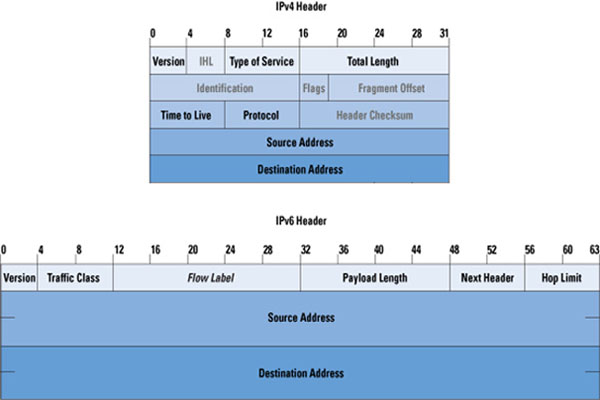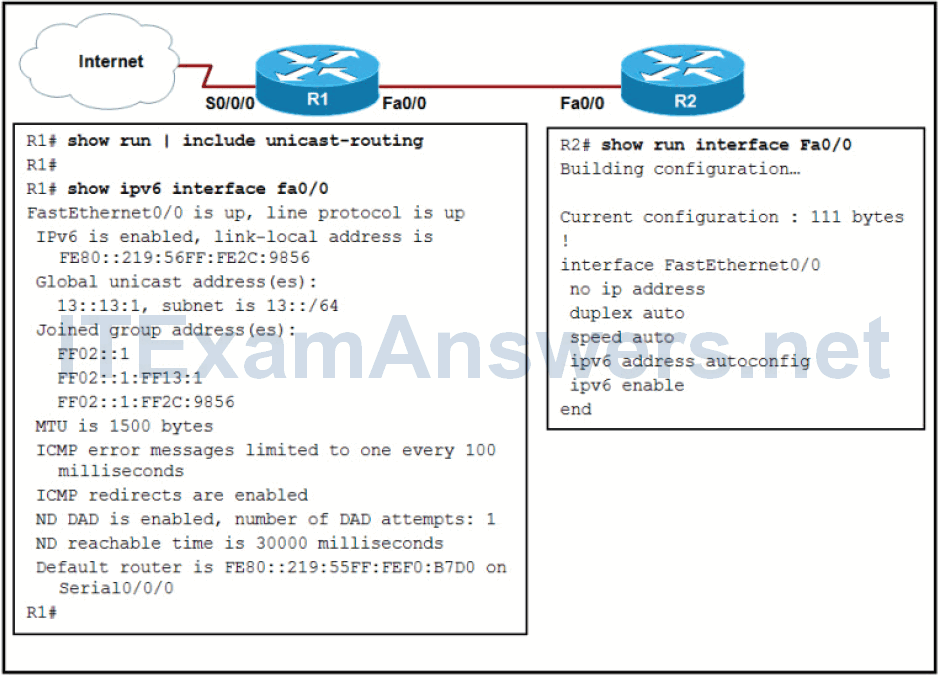


Most notably, we can point to the current IPv4 addressing issues we are facing on the internet today. In the networking field, things change so very quickly that it is hard to keep up. I won't discuss network masks and ranges, but if you want a reference to the standard ranges, RIPE produced a PDF with them if you would like a quick overview of them.CompTIA Network+ N10-005 LiveLessons (Video Training) If you have a dual-homed address (where a host listens to both IPv4 and IPv6), you will have to enter it twice, once for the IPv4 address and once for the IPv6 address: ::1 localhostĢ001:db8:123:456::78 192.0.2.56 fe80::12:34:56:78%eth0 Just follow the zero-compression rules and you should usually be fine. IPv4-compatible and IPv4-mapped IPv6 addresses look like ::a.b.c.d/96 and ::ffff:a.b.c.d/96 (or ::ffff:aabb:ccdd/96).įor your /etc/hosts usage, almost nothing changes between IPv4 and IPv6 addresses: you won't have to worry about the network mask, and almost certainly won't have to worry about scoped addresses or IPv4-compatible addresses. Leading zeroes are allowed to be omitted, and a single run of zeroes in an address (the longest one, by convention) can be compressed by using :::

The %int is required for scoped addresses, which are not global addresses and only have meaning inside a local network, and specifies which network interface owns the address as two interfaces may have the same address.

Netmask works the same as IPv4, except that it can go up to 128. To indicate that octets aren't being used, a colon is used instead of a period as well, hexadecimal digits are used instead of decimal.Īn IPv6 address looks like the following: aaaa:bbbb:cccc:dddd:eeee:ffff:gggg:hhhh IPv6 addresses have their own formatting system because they represent an 128-bit addressing space: that's 16 octets, which would be extremely unwieldly! As well, at this time there are a lot of runs of embedded zeroes, so it's handy to be able to compress those out.


 0 kommentar(er)
0 kommentar(er)
